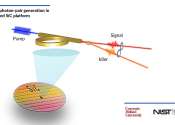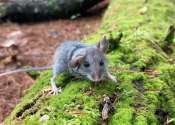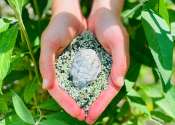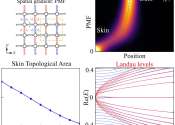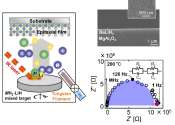Gender gaps remain for many women scientists, study finds
As more women have entered the biomedical field, they're getting a bigger share of research grants, and the gender gap in research funding appears to be narrowing, but the gains have been uneven.

